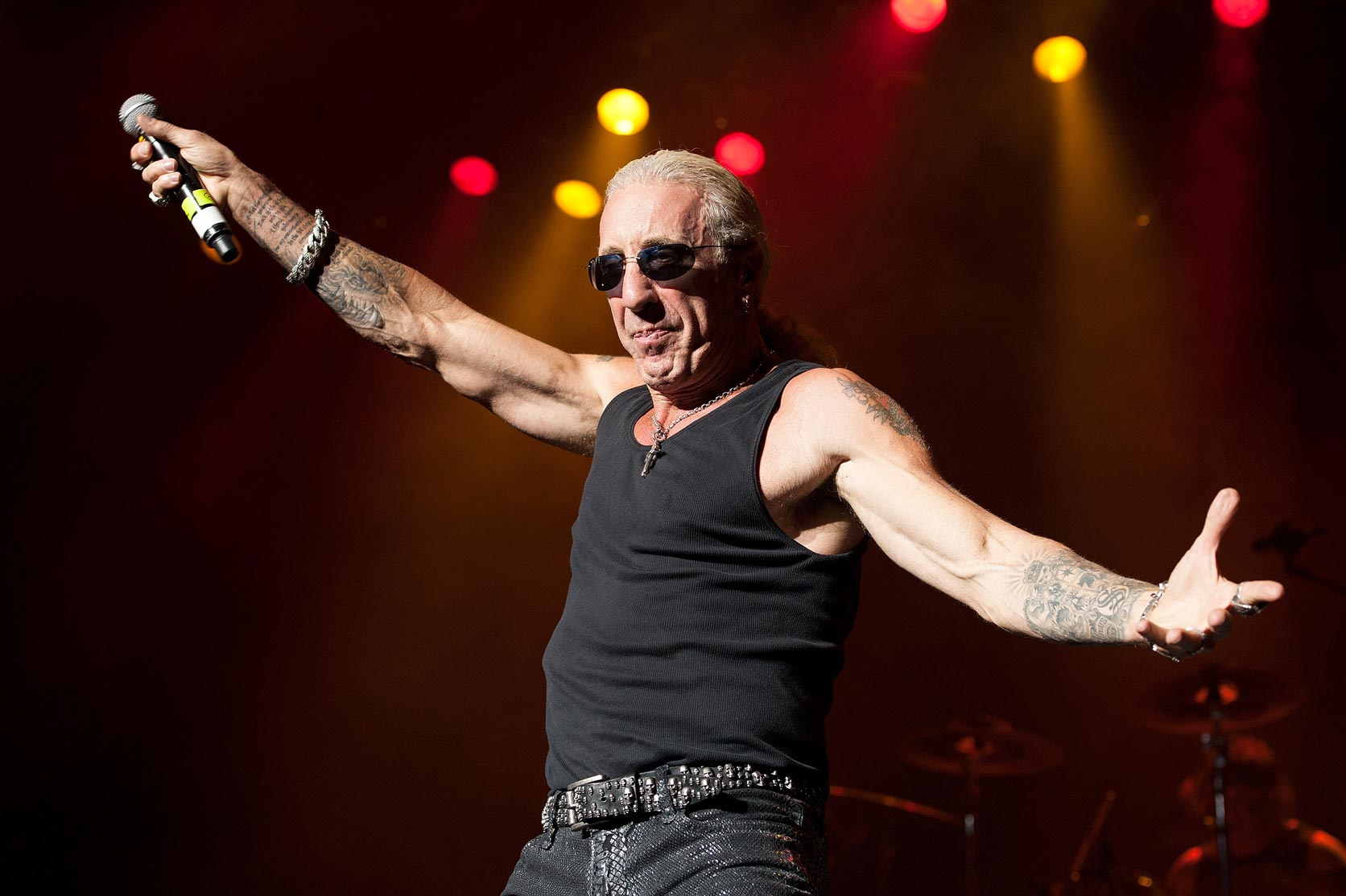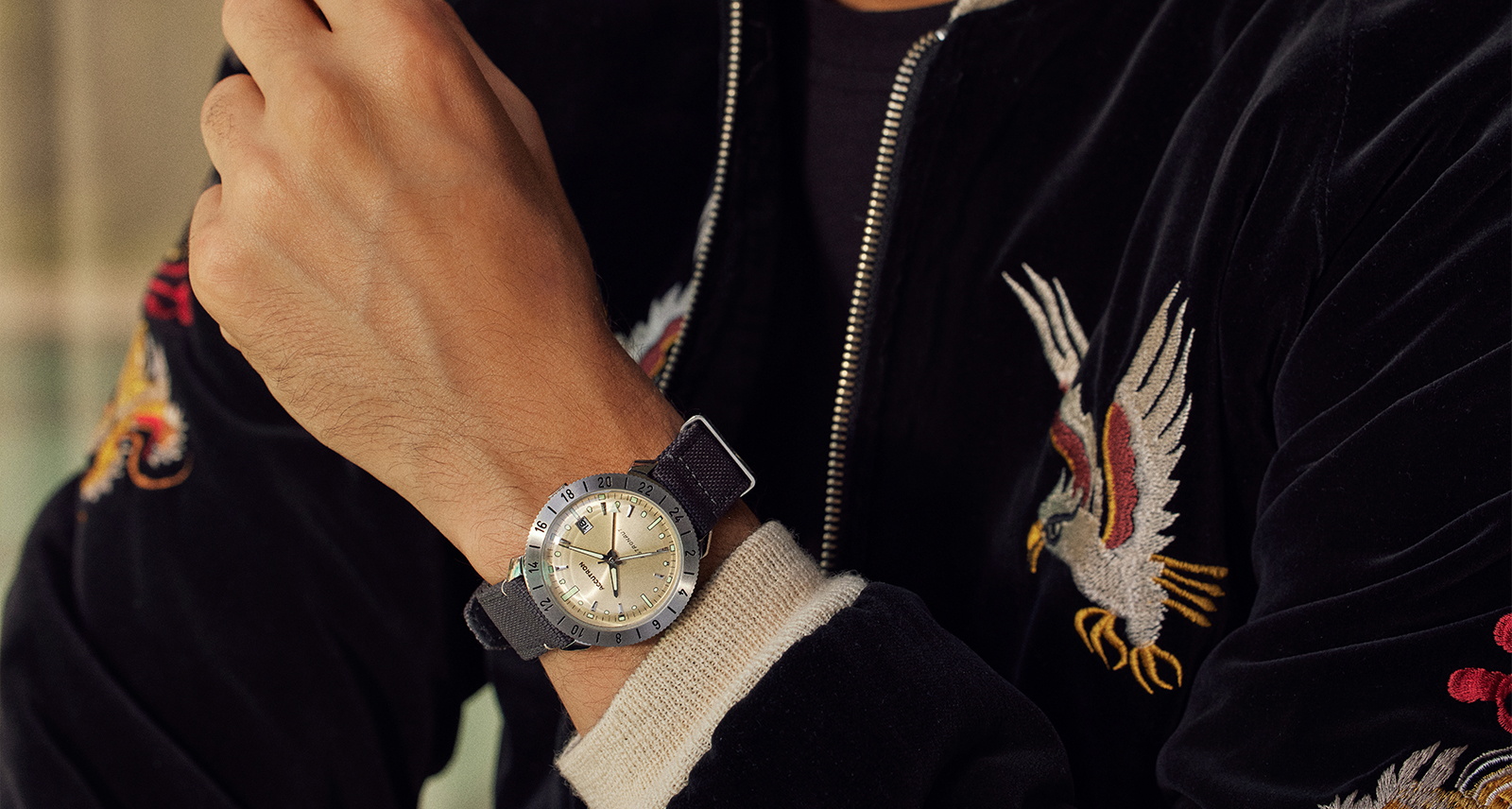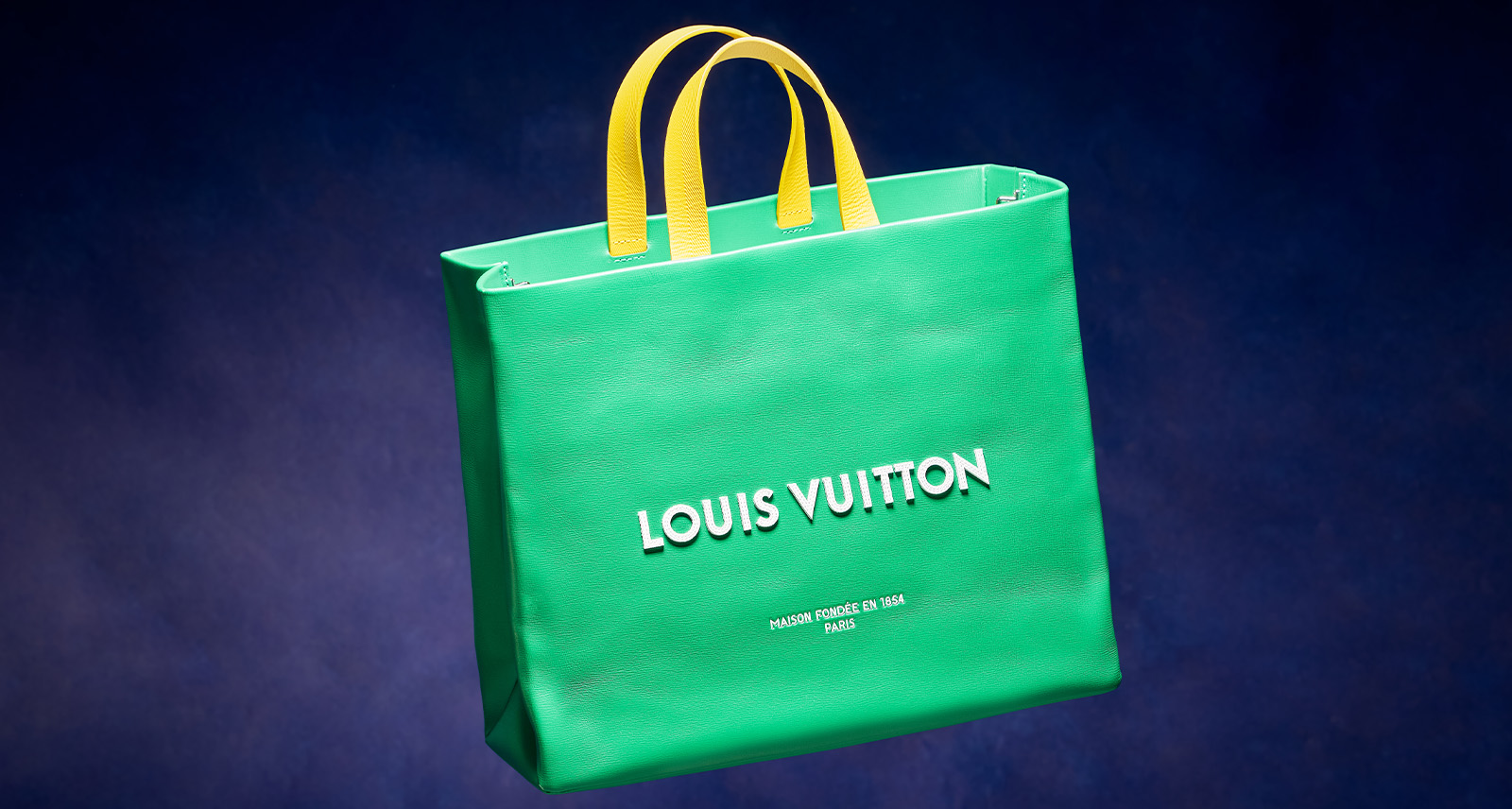Dee Snider Talks Censorship, Christmas and Four Decades of Rocking Out
Dee Snider has two rules when he meets new people: “First, if you’re cool with me, then I’m cool with you. Second, if you’re not cool with me, then we’re going to have serious problems.”
It’s exactly the kind of no-bullshit philosophy you’d expect from one of hair metal’s most enduring icons, a man who famously went toe-to-toe with the U.S. government when they tried to censor his music.
Thankfully, we here at Sharp have nothing but admiration for the Twisted Sister frontman, and he was true to his word about returning the favour. We caught up with Snider in Toronto, where he’s currently performing his new musical, Dee Snider’s Rock & Roll Christmas Tale, at the Winter Garden Theater.
What do you think the Dee Snider from Twisted Sister’s heyday would think about today’s Dee Snider doing a Christmas musical?
Dee Snider from the heyday would literally – and this is honest – have gotten into a fistfight with you for saying that he would do something like this. I was so angry and so metal and so serious about what I did that if I knew that I was doing Christmas Broadway songs now, I literally would fight myself. I was a moron. It was pretty funny. But that’s life, you evolve and you change, and with any luck, you get over that anger and those frustrations that you had when you were growing up. You mature and become more content and happier with yourself. You’re not afraid to take some chances and do some things that are different.
Public perception of you really seemed to change after your 1985 Senate testimony.
I’m really blessed that somewhere along the way, people started to like me. All of sudden, I’m living in a world where everyone’s like “Hey Dee!” when they see me. And I had a conversation with Alice Cooper about this. I said, “What happened?” Alice goes, “They get used to us! You stay around long enough, they sort of expect you to be there.”
Part of it is also that the teenagers who were crazy about you are now parents passing down that love to their kids.
And one of the things that fans always say is, “Dude! I grew up on you!” And I say, “Well, you seem fine.” And they go, “What do you mean?” And I’ll tell them, “Well, everybody seems like they survived the ol’ crazy rock n’ roll.”
Growing up, was music the only thing for you?
Yeah, it was my only solace. From about nine, I knew I was going to be a rock star and started playing in bands. Growing up, I was an outcast and I didn’t fit in, but I always had a place in a band, the glee club or in the school choir because I could sing. There, I was always welcome and it was important.
After Twisted Sister, you had to adapt and reinvent yourself.
I wrote a memoir called Shut Up and Give Me the Mic and wrote about this at length. In my book, I talked about what I had been through, having a dream in life and screwing it up. By the early 90’s I was flat broke. Grunge had come in and was a cure for hair metal. I had dedicated my life to something and was told that I will never being doing this one thing ever again. I’m married, I have no money, no career and I’m like: What do I do now? What other abilities do I have? That’s when I started doing radio, reality TV, wrote my book, wrote screenplays and acted.
This year, 2015, marks the 30th anniversary of you going in front of the Senate to testify against censorship. How do you look back on it?
It’s history, you don’t really realize at the time that you’re making history. It was the first time a lot of people were seeing a rocker be that articulate and that intelligent. And they were kind of thrown. They took a look at my screaming face in a music video and said, “Okay, we’re going to bring this idiot here and make a fool out of him.” But they couldn’t. They were stunned. And to this day, I get a lot of respect for what I did and how I handled myself.
Do you talk about that with your kids and grandkids? Is that still something that comes up among your family?
Well, it’s interesting as far as the historic moment goes, because it’s just that: A historic moment in time. I don’t ram my career or my legacy down my children’s throats, but thankfully they discover it and appreciate it on their own and are proud of me for it. My daughter’s 19 and in college, and she called me about six months ago and said, “Dad, I watched your testimony. I’m so proud.” And it touched me. I would never want to be like, “Sit down and watch your old man!” But to have her find it on her own and say for herself, “I want to see what my dad did,” and tell me she’s proud, that’s incredible.
Your argument was that you wanted parents to be responsible for the censorship that they want to impose on their children, which you did with your own kids.
We live in a world where people don’t want to take responsibility for their own actions. Having a kid is your own action and the responsibility that comes with it is yours. But, they want to hand it to the government and take pressure off of making decisions. That’s just not right. I testified something to that effect and Al Gore said, “Do you think it is reasonable to ask for parents to listen to every child’s record?” I said, “Being a parent isn’t a reasonable thing.” I’m proud to say that I stand by every word that I said that day. I lived it. When Eminem’s album came out with Stan on it, it was a real big controversy. My eleven-year-old wanted to listen to that record, so I listened to it first. Two things happened: I became an Eminem fan and I finally understood rap. I used this as a forum to have a discussion with my son about the lyrical content.
How did that experience affect your own music?
Well, it affected my own music through anger. I never wrote about sex and drugs and things like that. The album that came out after the testimony, every song had sexual innuendo and in almost every song I was using code phrases for fucking, which I never did before. The censored label was misused exactly as I thought it would be. They were just strictly sticking to rock records. And it makes you feel, “Why bother?”
We still went in there and did what we had to do and made our points. But at the same time, it still has to have the warning label on it. If you talk to most people, the common comment is, “Well, now we know which music to buy.” I don’t think they really understood the significance behind the First Amendment and any type of intrusion or infringement on that First Amendment.
You’ve been married to your wife Suzette for 34 years. What are Dee Snider’s tips for a long and happy marriage?
Our love story is funny: I met a girl who wanted nothing to do with me and was repulsed by me. And I said, “This is my girl.” If I win this girl’s heart, I will always know that she is there for me. I’ll know that this girl is here for me and not for my success or my money.
We’ve been through marriage counseling — which I highly recommend, by the way. It’s really great. It comes down to the way we process things. Men internalize and we make pronouncements. Women externalize and they want to hear how everything sounds out loud. So, we get confrontational. If you remember that rule about men versus women, you’ll remember to talk things out and to almost always agree with your wife. My wife also likes to say: “Be your husband’s wife and his mistress. And behave as such.” And I agree.
How did you manage to avoid getting sucked up into the whole rock star lifestyle?
I am not the smartest guy in the world. And I have made some really stupid decisions. Case in point: I lost everything without doing drugs, without drinking, being totally in control of my own world. I blew millions of dollars and wound up flat broke, answering phones at a desk job by 1992. So, I want to preface any profound thing I say with the fact that I have not done everything right. But I realized that I had an addictive personality and anything I did I got carried away. So, I set my mind to getting what I wanted and not worrying about all the things that would mess it up for me.
What are you listening to these days?
I much prefer new music to old music. I look at the past fondly but I don’t like living back there. When I’m listening to new artists, there’s that wonderful desperation and hunger. You can hear in them what rock n’ roll is really about. I wrote my greatest songs as a starving artist. Once I had 5 cars and two boats in a million dollar house, I was happy and content and I had nothing to complain about.
There’s a band called Monster Truck, and they are incredible. They’re an amazing Canadian band, like Soundgarden meets Lynyrd Skynyrd. They just get it. I’m like the biggest Monster Truck groupie. I’ve been tweeting about them endlessly.
What about TV? What do you watch?
I do like to decompress with TV. It’s sort of our mindless thing. But there are so many shows, so we have to be selective with what we commit to. We are Game of Thrones fans. Team Khaleesi all the way. It takes us four days to watch a movie because our days are so wonderfully intense that we pass out right when we pop it in.
What’s the difference between prepping for a concert and prepping for your stage show?
Prepping for a concert is such a mentally intensive thing for me that it makes me unhappy. It has always made me unhappy. I wake up and start writing, and all of a sudden I become OCD and I’ll be writing a 15-minute increment countdown to the show which is 10 hours away. As a result, people watch me with their mouths open, stunned to see that I’m that committed to delivering excellence.
When I’m on stage, once I get through the process, I’m having the time of my life. Getting there is a miserable experience. I think that anybody that is really great at what they do — any great athlete or performer — is tortured by it. I’m desperately trying to end that part of my career, because I don’t want to go through that anymore. Stage shows are way more relaxed. Mind you, my role in the show is not that physically aggressive. One of the things I loved about doing Broadway was the sense of family. Your cast is your family. In rock n’ roll, it feels lonely even with a band.
There’s a rumour that Twisted Sister is going on tour next year. What’s the story there?
No. We said that we would do select farewell shows. Immediately, the media picked it up as a farewell tour. We have a cap of ten shows. We haven’t toured since the 80s, because I won’t tour. It’s a false reality in that you leave to go on the road, and when you get home everyone has moved on from whatever you were working on before. It’s disruptive. I have a lot of stuff on the go right now, so I can’t commit to a tour and put my life on pause. We’re not one of those bands that does a three-year tour, like Scorpions, KISS, or Judas Priest. For us, this is it. For real.

Tell me about your “Rock & Roll Christmas Tale.”
It’s a show for the whole family. As a father and now a grandfather, I wanted to make it a shared experience. It’s cross-generational. It’s about a struggling rock band who sell their soul to the devil but find the magic of Christmas instead. Rock is a shared love now. I wanted to connect everyone and use that shared experience to bring people together. The show even features a Christmas song that I wrote and Celine Dion recorded; I’m actually receiving a Diamond Award for it going platinum ten times in Canada. I wrote it for my wife as a present, and I think it’s going to become my biggest money-making song.
It sounds like Christmas is your jam.
I’m a Christmas junkie. We make a big deal of it, all the trappings. Our house looks like a department store during the holidays. But the essence is being together. It’s about love, family and appreciating what you have. That’s what my show and every great Christmas movie comes down to. We just drive home that point using a Satanic blood pact, an exorcism and a Satanic conjuring. But, I promise, you walk out feeling the spirit of Christmas. And when you start off with that Satanic blood pact, getting into the holiday spirit is an accomplishment.










